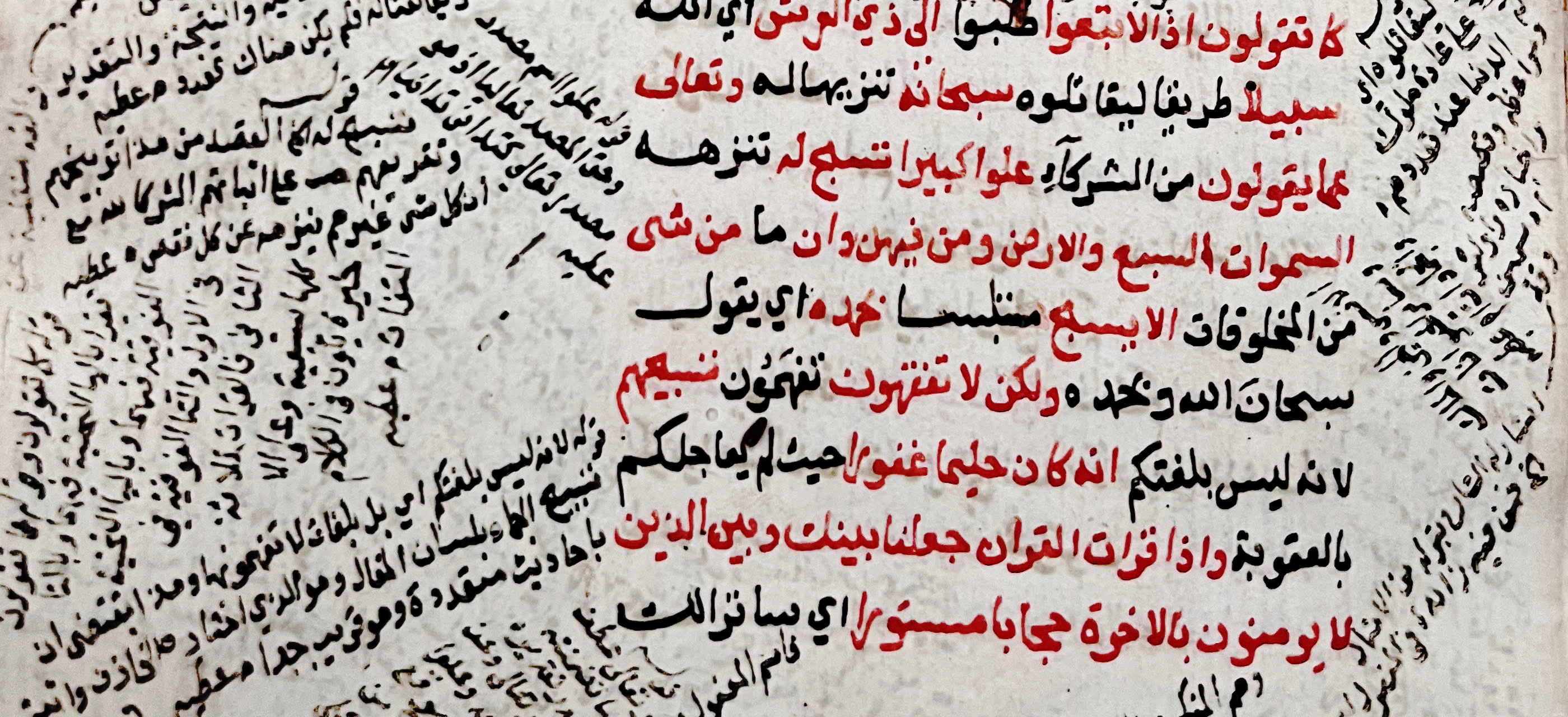Said Nursi’s Non-violent Social Activism as a Refutation and Response to the Re-emergent Neo-Kharijite Sect in Islam
Contenu
- Titre
- Said Nursi’s Non-violent Social Activism as a Refutation and Response to the Re-emergent Neo-Kharijite Sect in Islam
- Créateur
- Ansari, Mahsheed Voir tous les contenus avec cette valeur
- Date
- 2019
- Dans
- Contesting the Theological Foundations of Islamism and Violent Extremism Voir tous les contenus avec cette valeur
- Middle East Today Voir tous les contenus avec cette valeur
- Résumé
- The Muslim world in the colonial era experienced rapid changes in all aspects of life; the development of Muslim modernist thought as a form of Salafism in this era had a profound impact on how approaches to Islam influenced the course of socio-political life in the decades that followed. This modernist influence and its shift from Islamic tradition paved the path for the re-emergence of the neo-Kharijite sect in Islam. One of the exceptions to this mode was the response of Kurdish scholar Said Nursi (1877–1960), who called for social activism rooted in non-violence as well as an absolute apolitical attitude. This chapter critically examines his revivalist work, the Risale-i Nur, and discusses the historical context within which he worked. It contrasts the variation in Nursi’s theological arguments, methodologies, and discourses and his contemporaries, which resulted in either apolitical activism or political Islam-based activism. This significant distinction can provide a workable framework to critically analyse contemporary Islamic movements.
- Editeur
- Springer International Publishing Voir tous les contenus avec cette valeur
- Place
- Cham
- Langue
- eng
- rédacteur
- Mansouri, Fethi Voir tous les contenus avec cette valeur
- Keskin, Zuleyha Voir tous les contenus avec cette valeur
- pages
- 185-206
- ISBN
- 978-3-030-02719-3
Ansari, Mahsheed, “Said Nursi’s Non-violent Social Activism as a Refutation and Response to the Re-emergent Neo-Kharijite Sect in Islam”, Springer International Publishing, 2019, bibliographie, consulté le 21 janvier 2025, https://ibadica.org/s/bibliographie/item/15085
Position : 370 (45 vues)

